Tecmint is proud to announce the release of the much-awaited RedHat Certified Specialist in Ansible Automation exam guide (EX407). This is a new certification program by RedHat that aims at testing your skills in using the Ansible automation tool to deploy, configure and automate systems and services. This book is based on RedHat Enterprise Linux 7.5 and Ansible 2.7 and will help you scale greater heights in systems and application deployment and automation.
This book is tailored for candidates looking to make a foray or further their skills in the DevOps field and system administrators looking to set up and deploy applications in a more efficient manner.
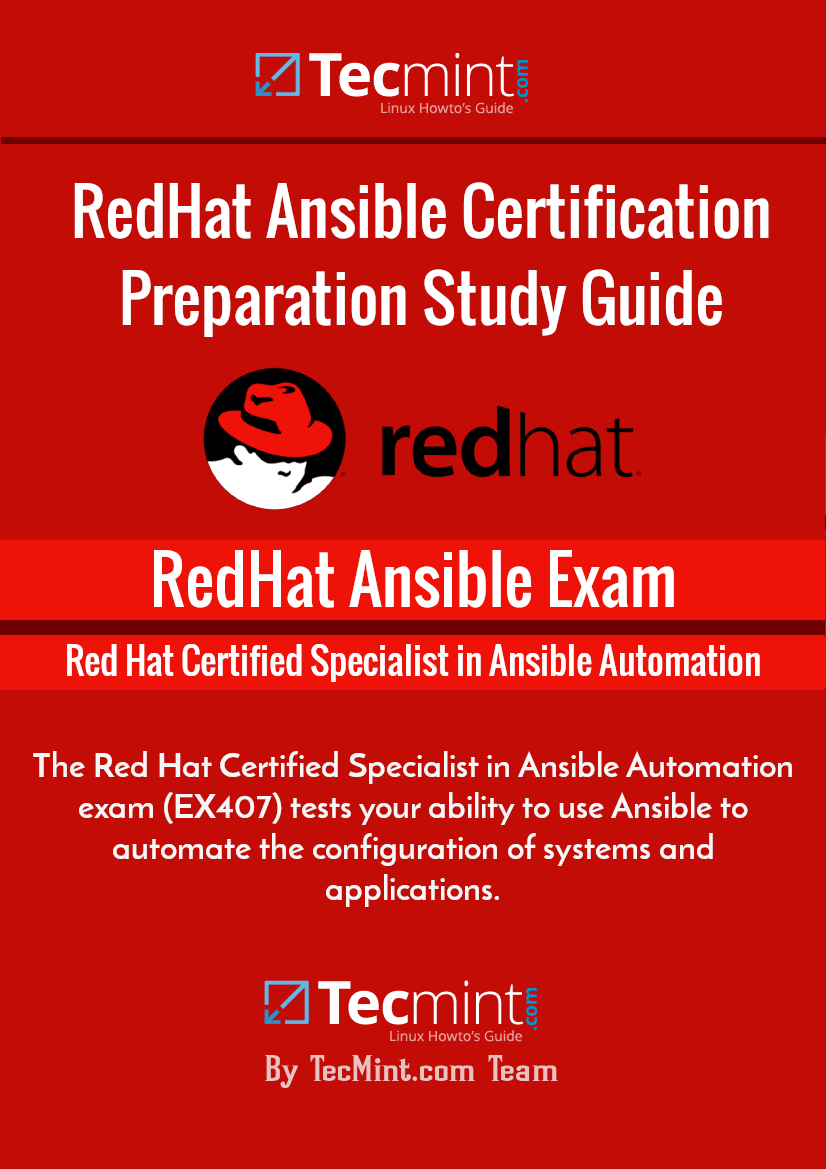
With a perpetual surge in demand for Linux Professionals globally, and more particularly, professionals with automation skills, this certification will definitely give you an edge over the others and open more doors in your IT career.
With this in mind, we have devoted our time and energy in putting together this useful book that will enable you to pass the Ansible certification exam and stand a better chance in advancing your career.
To view fees and register for an exam in your country, check the Ansible Automation exam page.
What’s inside this eBook?
This book contains 10 chapters with a total of 93 pages, which covers all official exam objectives for the Ansible Automation exam that includes the topics described below:
- Chapter 1: Understand Core Components of Ansible
- Chapter 2: Install and Configure an Ansible Control Node
- Chapter 3: How to Configure Ansible Managed Nodes and Run ad-hoc Commands
- Chapter 4: How to Create Static and Dynamic Inventories to Define Groups of Hosts
- Chapter 5: How to Create Ansible Plays and Playbooks
- Chapter 6: How to Use Ansible Modules for System Administration Tasks
- Chapter 7: How to Create and Use Templates to Create Customized Configuration Files
- Chapter 8: How to Work with Ansible Variables and Facts
- Chapter 9: How to Create and Download Roles an Ansible Galaxy and Use Them
- Chapter 10: How to Use Ansible Vault in Playbooks to Protect Sensitive Data
We present you with the opportunity to buy this ebook. With your purchase, you will help support Tecmint.com so that we can continue bringing you high-quality articles for free on a daily basis as always.
| For International Users | Price in Dollar | Checkout |
|---|---|---|
| RedHat Certified Specialist in Ansible Automation Study Guide – Based on RHEL 7.5 | $ 19.99 | Order Now |
| For Indian Users | Price in INR | Checkout |
|---|---|---|
| RedHat Certified Specialist in Ansible Automation Study Guide – Based on RHEL 7.5 | 1500 | Order Now |
Note: After making payment, allow us 30-60 minutes of time for delivery.
DISCLOSURE: Tecmint has no affiliation with Red Hat, Inc. The Red Hat trademark is used for identification purposes only and is not intended to indicate affiliation with or approval by Red Hat, Inc.


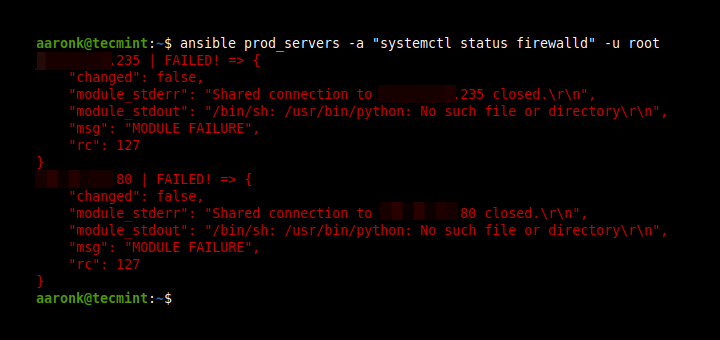
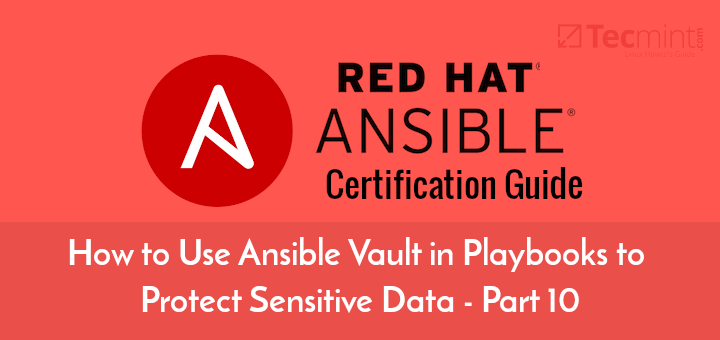

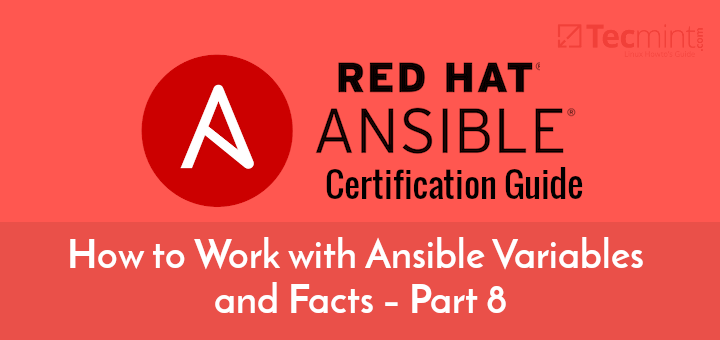
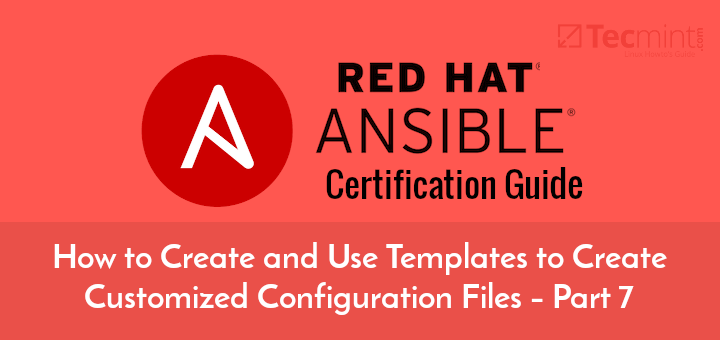
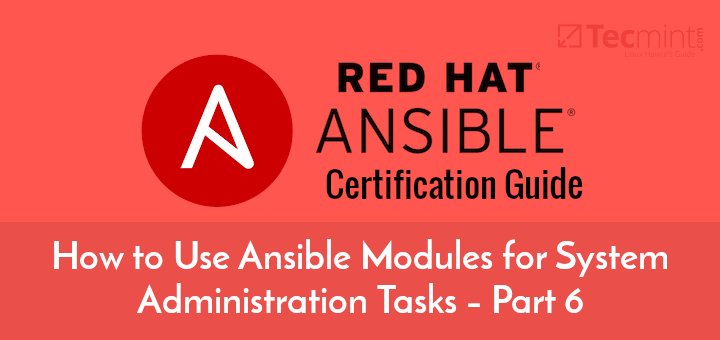
Can I have a preview, please?
Also, could you look into a bundle purchase price discount, I’m looking at getting this and the two redhat system admins book, would be nice to get a discount.
Cheers,
Fantastic blog BTW been following you for years.
Hi,
Can I get a preview copy of this book?
Thank you
Can you send me a preview of the ebook, please?
Regards,
Sameer
@Sameer,
Just sent you a sample preview copy of the Ansible book…
Hello Ravi,
First of all, let me thank you for the good work. I’m just at the beginning of the book and it’s very clear and simple!
Now let me help you with some issue I’ve encountered while following the book:
On page 15 the command for listing the host in /etc/ansible/hosts is ansible all
-ihosts--list-hostsbut if I run this Ansible 2.9.15 searches the hosts file in /home/$user folder.I changed it with ansible all -i /etc/ansible/hosts –list-hosts and it read all the hosts inserted in the inventory file.
Am I doing something wrong?
@Livio,
We have used Ansible 2.7, maybe some difference in the latest Ansible 2.9, let me check and get back to you….
Thanks, I think that is the clue :)
Oh just another thing (Ye I know I’m boring ^^):
Starting from Chapter 3 in the examples are using different ip addresses and the installation example for webserver is for centos, but at the beginning of the guide, the webserver is Debian.
It’s a little confuse (nothing tragic) :)
Can I get the preview copy of this book? Does this book contain mock/practice exams?
@Khanzada,
Sent you a preview copy of the book…
Hi Ravi,
This is only for exam preparation? Or it covers everything on ansible for a sysadmin?
Basically, I don’t want to give an exam – but I want to learn ansible and apply the learning in a corporate environment.
@Kazim,
The Ansible books cover everything based on the exam objectives of RedHat, and is also useful for system administration, as this book covers everything from installation, configuration, and management of ansible.
Hi Ravi,
will the guide receive updates as / when Redhat change the ex407 requirements?
Thank you
@Andrew,
Yes, you will get all minor updates to Ansible exam (EX407) for life…